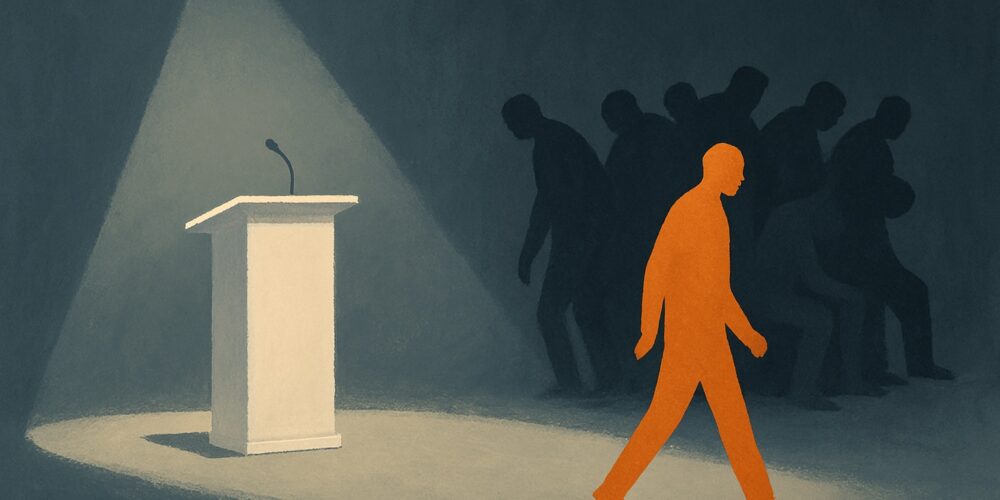We’re letting the bad drive out the good

In the days of yore, currency was in the form of silver or gold coins. If you allowed bad currency (debased, or even counterfeit) to be treated as equal to proper currency, guess what happened? Yep, the proper coins disappeared. People spent the bad money (because—why not?) and hoarded the good money. Eventually, the good stuff disappeared from common circulation.
You may have guessed that I’m not really here to give you a lesson in ancient coinage. The principle can be extended to other parts of life. Bad practices also drive out good ones. If you reward trash and treasure the same way, guess what people produce?
Have you ever wondered why, if a good person ever stands for election for a public post in many places in the world, the chances of success are pretty dim? That’s because we have allowed charlatans and tricksters to stand as equals with those who actually have good intentions for the electorate. Actually, we’ve done even worse—we’ve allowed debased politicians with zero intrinsic worth to have a huge electoral advantage provided they show up with loadsamoney.
And so, the inevitable happens. The good people stop contesting. They forge careers in places where their worth is recognized: the private sector, perhaps; or foreign lands. Eventually, pretty much the only contestants left are counterfeit leaders.
The same happens in organizations. If we permit inferior traits—such as charisma, sycophancy, or a propensity to politick—to guide promotions, then the actually talented people will say ta-ta and go elsewhere. You will be left with just the sweet-talkers and chancers.
If you allow cheaters to prosper in examinations, guess what happens to the good students? After watching their intellectual inferiors and indolent competitors run away with the great grades, what will remain of the merit system? Those with actual merit will abandon it.
If you let sugar-voiced people-pleasers be the most popular members of society, what will happen to those with actual depth of thought and insight? They will shut the hell up and withhold their ideas and contributions, or share them in alternative social spaces.
In sum: if you build a system where unequal things are treated as equal, you create perverse incentives.
Here’s one that may be looming. This is perhaps Gresham’s Law’s most modern echo. Suppose you have two forms of content: one crafted with thought and care; the other cheap, fast, and algorithmically engineered. If they’re rewarded the same way—guess which survives?
If you treat both as equal—why struggle with unique thoughts when people just want quick crap?—you know what’s coming. The human-crafted insight will simply disappear. We will have no original literature that comes from the human mind and heart. Mediocre content will overwhelm your feeds, and your mind. It’s probably already happened.
Good content-creators will get pushed out, into niches that don’t scale, or retreat behind paywalls. When the system rewards noise over nuance, don’t be surprised when the nuanced fall silent.
So what are we to do? Actually, bad systems like these are self-correcting. Once most of what succeeds is actually crap, a collapse occurs. Bad politicos ruin economies and cause popular unrest. Bad organisations that let the termites climb implode from within. When talkers dominate and thinkers hibernate, societies drown in the froth of fru-fru.
It’s just that it takes a long time.
If we don’t want to waste decades waiting for collapse to clean things up, we must start now: value the good, spot the real, and stop handing the mic to the mimics. Choose those who stand for something—over those who stand for themselves.
You get what you cheer for.
THE SIGNAL IN THE NOISE
Treat the fake as equal to the real, and the real will vanish. The system doesn’t lie—it reflects our values back at us.

Buy Sunny Bindra's new book
The X in CX
here »
Popular Posts
- You are who you hang out withSeptember 28, 2025
- The cost of pretenceSeptember 7, 2025
- Born knowing the waySeptember 21, 2025
- The art of the CX rescueSeptember 14, 2025
- Bruise, mend, continueAugust 31, 2025















